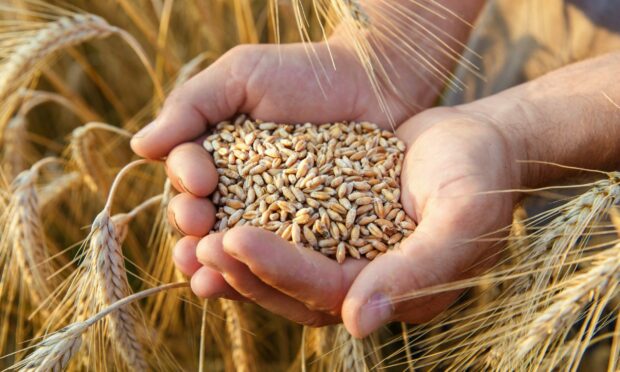Nature-friendly farming practices can help growers achieve high crop yields with less fertiliser, according to a major scientific study.
The study, published in the journal Nature Sustainability and led by Hertfordshire-based Rothamsted Research, analysed data from 30 long-running farm experiments across Europe and Africa.
The data covered more than 25,000 harvests across a range of crops – wheat, maize, oats, barley, sugar beet and potatoes – and each experiment covered at least one of three types of nature-friendly farming methods.
These were: growing a greater range of crops; growing plants such as beans or clover to enhance soil fertility; and adding organic matter in the form of manure, compost or cuttings.
The study found high crop yields could be achieved when using low levels of fertiliser, when these nature-friendly farming practices – also referred to as a form of ecological intensification – were adopted.
It showed growing legumes, such as beans and clover, added nitrogen to the soil, while growing a greater range of crops over the years helped to boost yields by suppressing weeds and diseases.
Adding organic matter improved soil structure, while also adding nitrogen, and manure was found to have a greater impact on yield than adding plant-based composts or cuttings, or leaving the remains of crops in place after harvest.
Lead author of the study Dr Chloe MacLaren from Rothamsted said the findings show that adopting some, or all, of the practices could help reduce and rebalance worldwide fertiliser use.
“Reducing reliance on chemical fertilisers would help to buffer farmers and consumers against economic shocks, such as the current spike in fertiliser costs and consequent increase in food prices,” said Dr MacLaren.
“Widespread uptake of these practices could also contribute to a more equitable distribution of fertiliser.
“If fertiliser use is reduced where it is currently high, then fertiliser use could be increased where it is currently low – addressing food security issues without exceeding planetary boundaries.”
Dr MacLaren said the study also showed that a reduction in how much fields were ploughed did not strongly affect yields, although other economic and environmental factors may lead to farmers wanting to reduce their tillage.

